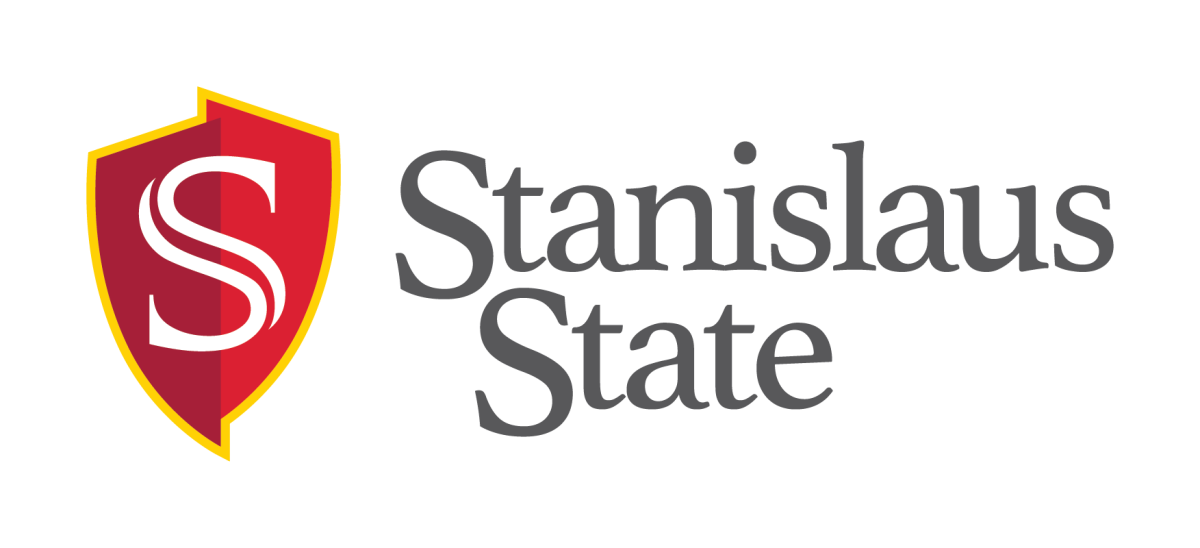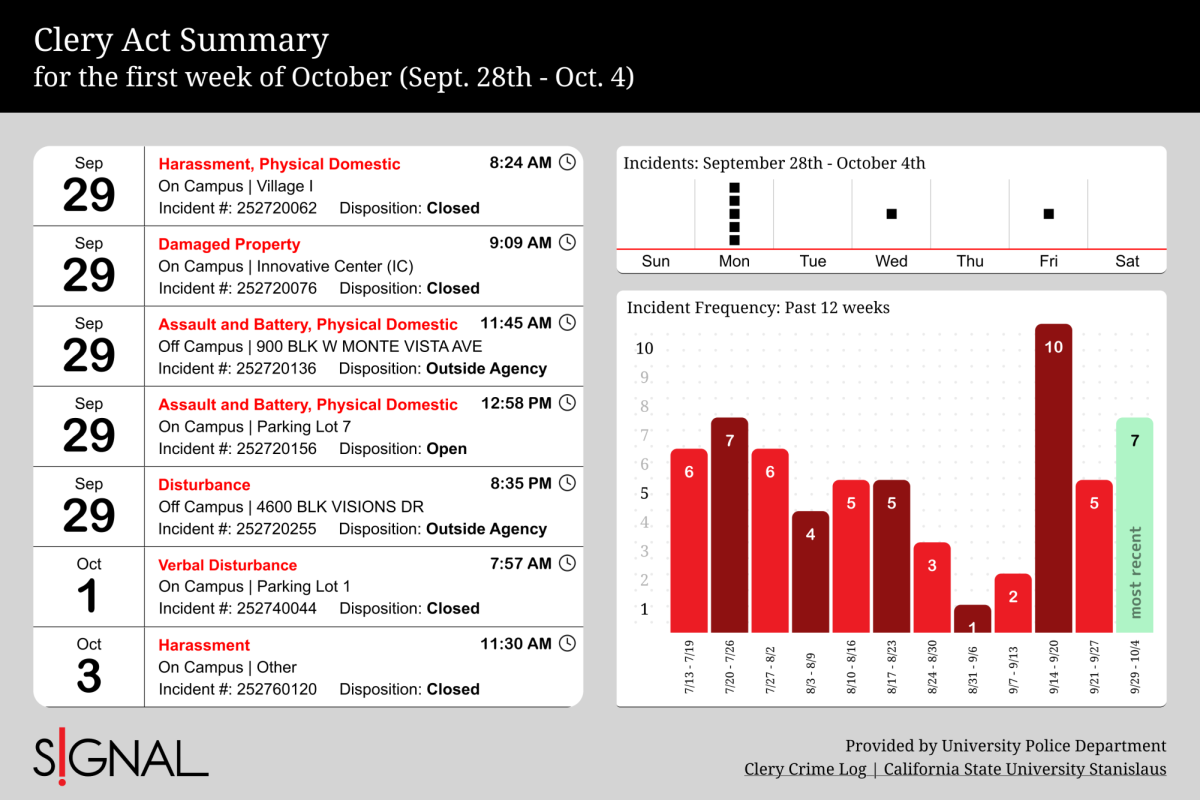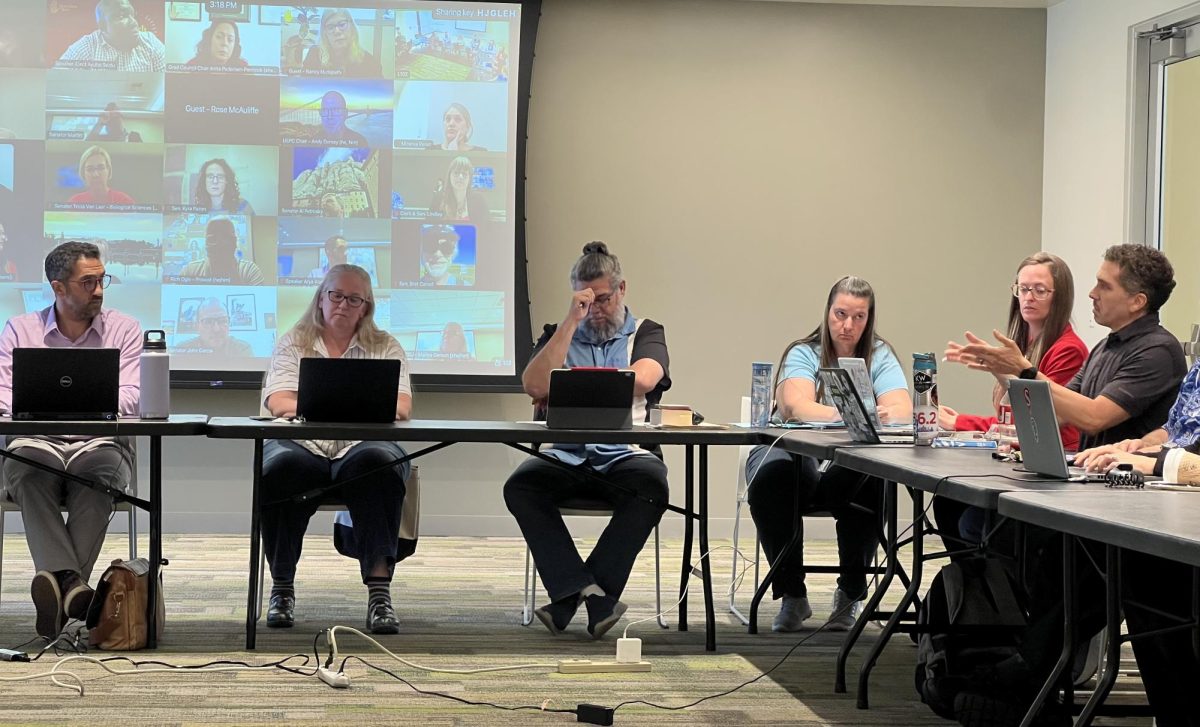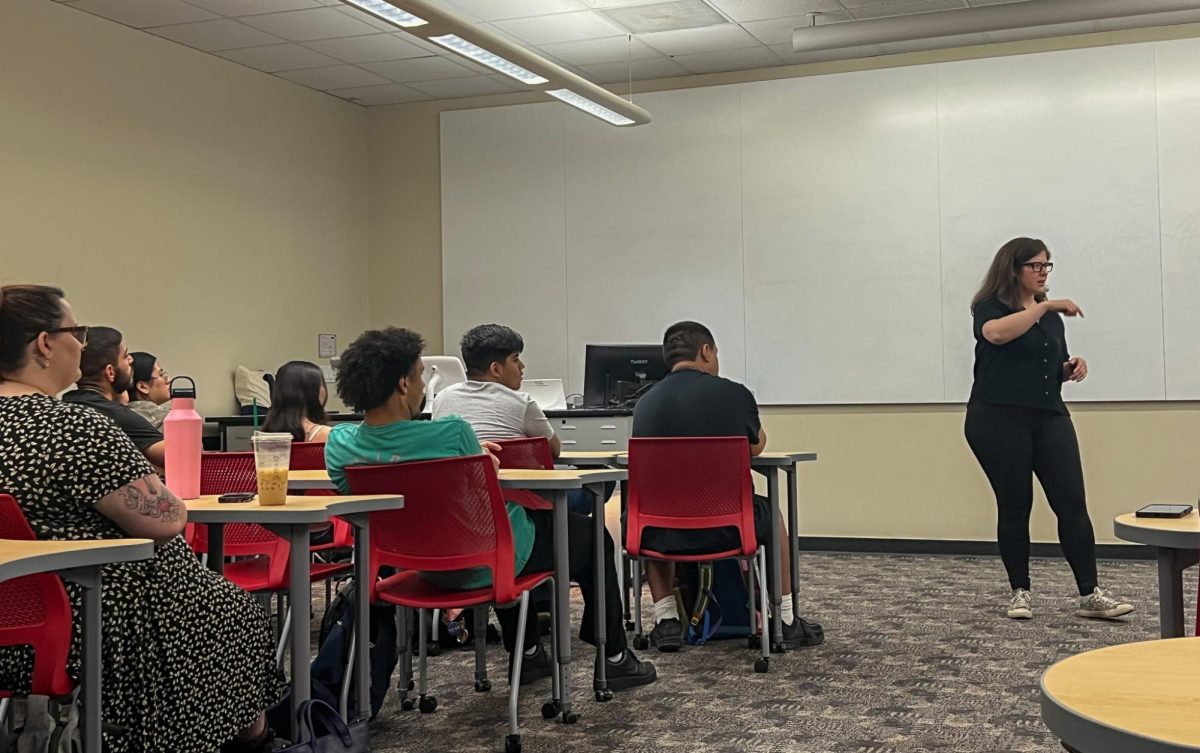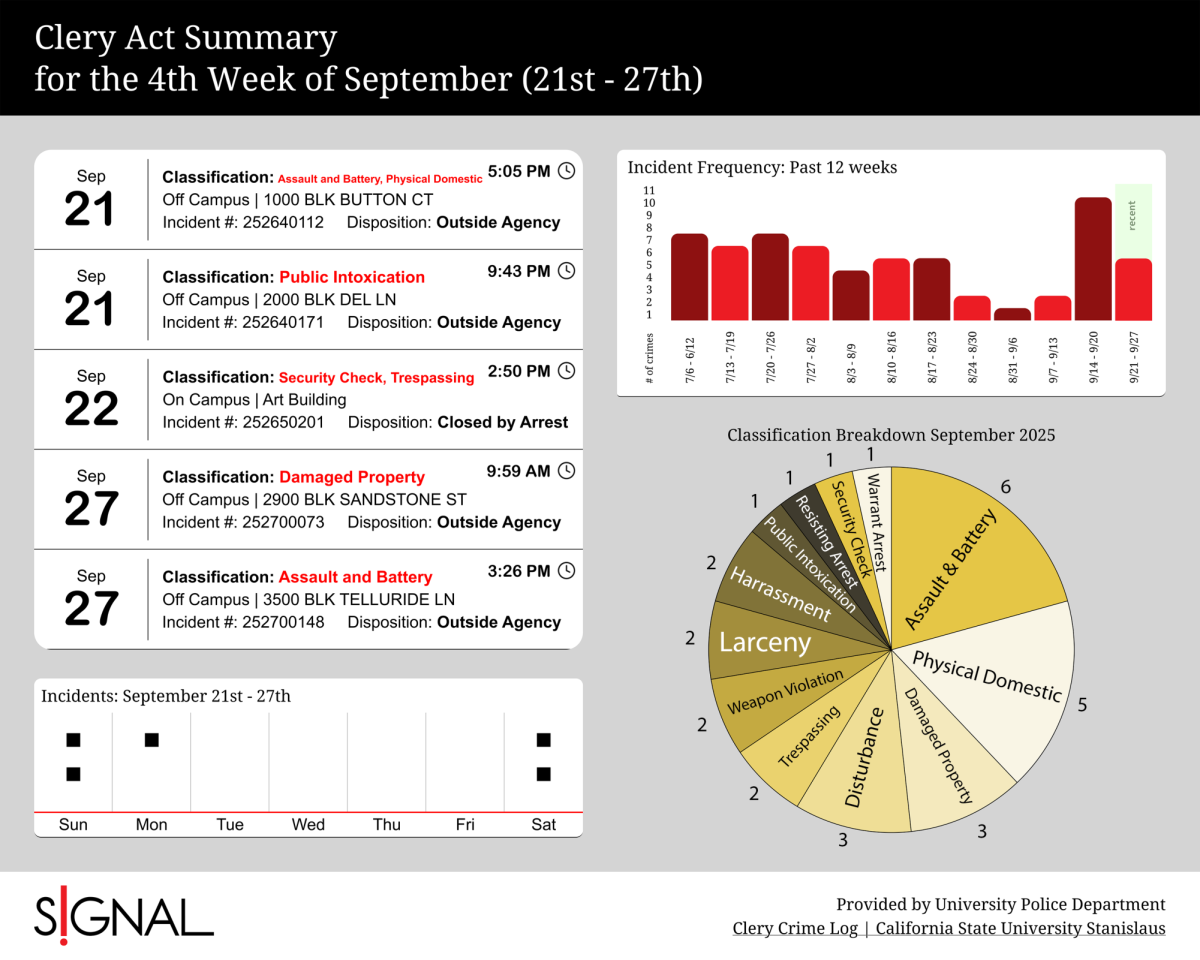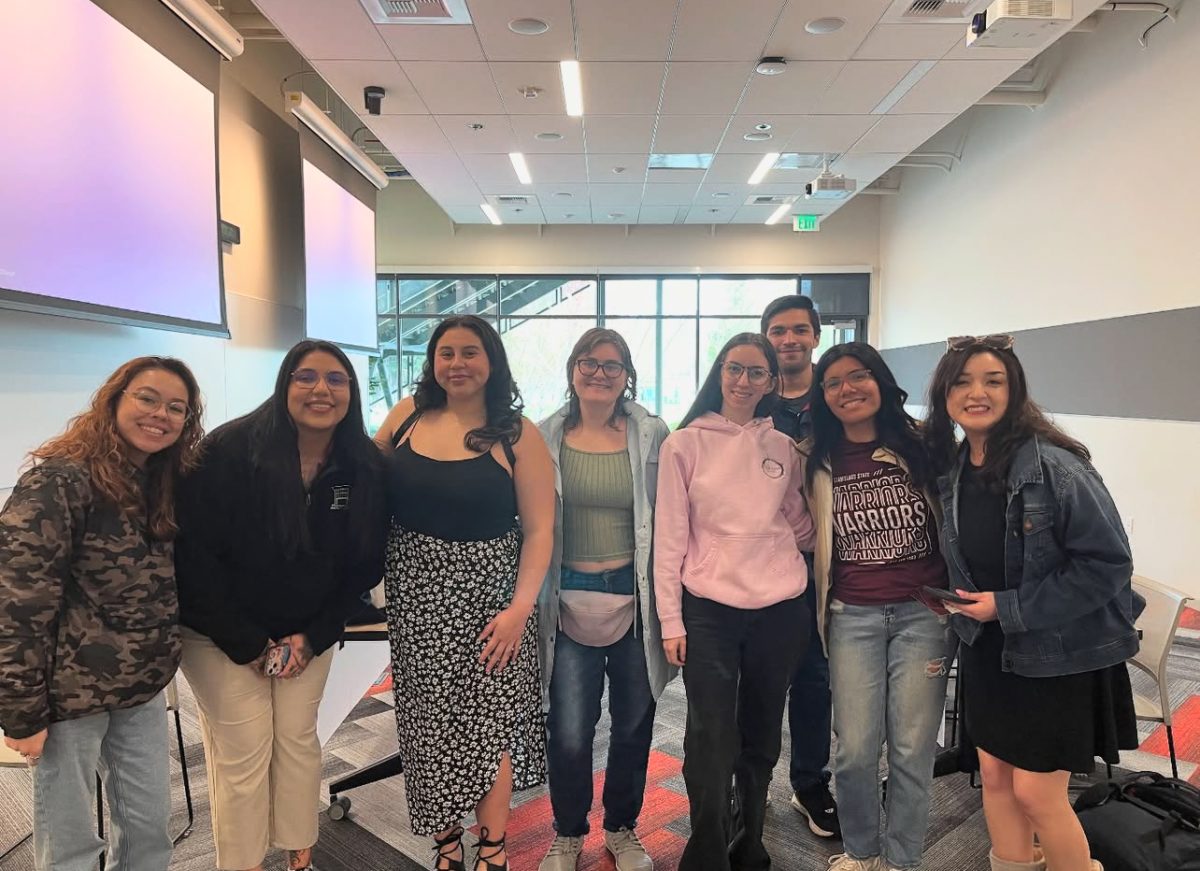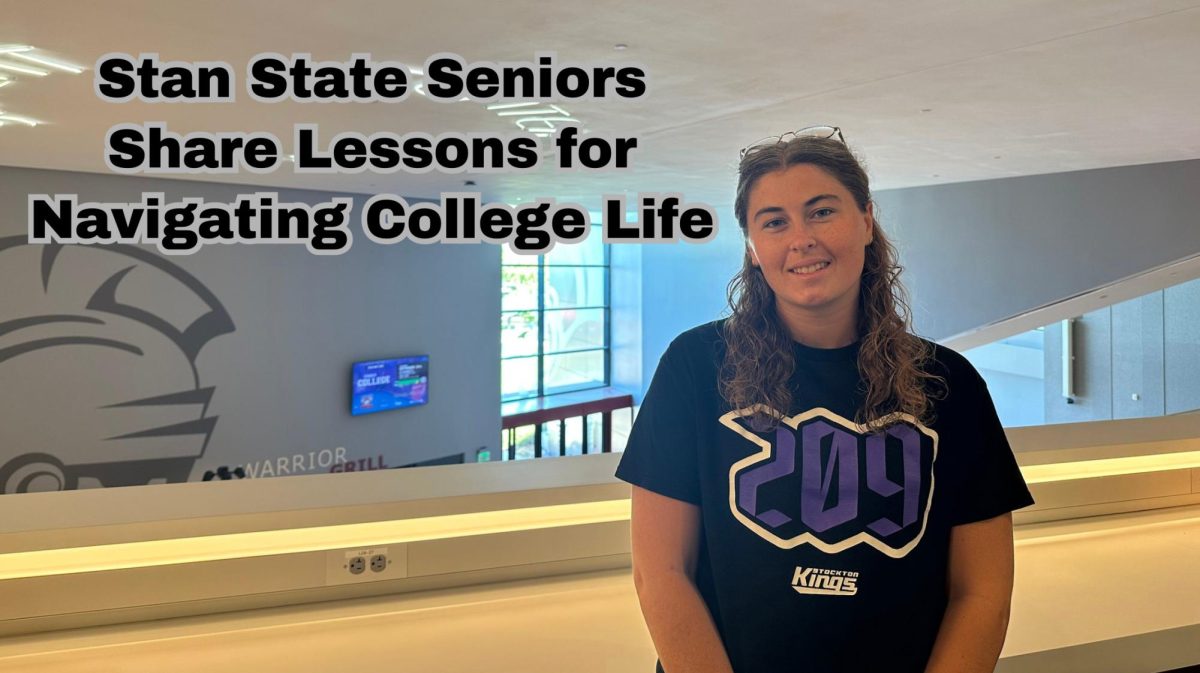On Wednesday May 27, Stan State president Ellen Junn held a University Town Hall meeting via Zoom in order to answer questions concerning the Fall 2020 semester and how it has been altered by the coronavirus pandemic.
To help answer these questions, Junn invited several key figures from the campus community. Students and faculty were also invited to join the meeting, which was recorded and posted on the Stan State website.
Junn began by acknowledging the hard work that students and faculty have put in to finishing out the Spring semester in a virtual format. “This is a historic and unprecedented time (as we all know) and we wanted to start by saying thank you so much for all of the effort that you have been engaged in to keep our campus running…”
Throughout the meeting, a wide variety of topics were discussed.
The first question of the meeting asked whether the decision to hold Fall 2020 classes primarily online could be reversed if the pandemic got better.
Junn replied that the university’s plans for the Fall 2020 semester were designed to be very flexible so that they could change in accordance with the safety conditions of the county and region.
Several questions were centered around the university’s plan for keeping the campus safe and sanitized during the pandemic. Julie Johnson, senior associate vice president for Human Resources answered a question regarding the safety measures that would be provided to those who must continue to work on campus during the Fall 2020 semester.
Johnson said that Human Resources is developing a plan under the guidance of the Committee of Infection Disease Response. Part of the plan will be to provide cloth face coverings along with directions on how to use them properly. Johnson stated that Human Resources will continue to follow the instructions given by Stanislaus County Public Health.
Christine James, vice president for business & finance, addressed a question about the sanitation of outdoor equipment such as picnic tables and benches. James assured students that all surfaces are being regularly sanitized. “Remember that we do still have students in the dorms, so those are being cleaned on a regular basis.”
Another hot topic was that of the exceptions to online classes, how they will be determined, and what other exceptions there might be. Kimberly Greer, provost and vice president for academic affairs explained the process by which it is determined that a class may be held in person as opposed to online.
“Faculty… who would like to have their courses reviewed for possible exceptions will be sending that information next week.” Greer added that once those proposals have been sent in, the university has to review them and decide if it is possible to maintain safety regulations while the course is held on campus. After the campus makes its decision, an extensive plan must be sent to the chancellor’s office for final approval.
Even after the course is approved, faculty members must ensure that they are able to provide an equivalent class online for students who are unable to meet in person. This is important because some students may not be able to attend an in-person class if they are sick or have moved away from campus.
Because there will be certain exceptions to the virtual format, many students are wondering if other resources on the campus may also qualify as an exception to the rules. Specifically, students are anxious to know if the athletic facilities will be available to student athletes during the Fall 2020 semester.
Junn explained that these facilities will not be available for in person use due to the The California Collegiate Athletic Association’s decision to suspend all athletics for the Fall 2020 semester.
However, Junn commented that “Terry Donovan, our director of athletics is working very closely with the teams and coaches to develop other kinds of support for student [athletes] that could be done remotely.”
Another facility that students are eager to have open is the dorms. Christine Erickson, vice president for student affairs explains that, while plans for repopulation of the dorms are still being developed, they do know that they will be open for students who have the highest need.
“We will be open to house former foster youth, housing insecure students LGBTQ+ and other students who may not have a safe place to live,” Erickson said.
Along with safety and campus resources, finances was another topic tackled during the meeting. Junn answered student’s questions about the CARES Act. The CARES Act refers to money that the government has decided to distribute in order to help with the financial burden that COVID has created.
Congress made three CARES Acts. “The first has already been received to the campus and that was distributed to students,” said president Junn, adding that CARES Act One provided 6.67 million dollars with the greatest financial need.
CARES Act Two and Three were designed to help the institution itself. This money was distributed in order to help campuses cope with the new costs associated with COVID as well as to help make up for lost revenue.
On the topic of finances, students were very interested to learn if there will be any alterations in tuition and fees due to COVID.
Junn stated that tuition will not be changed because classes will still be offered in a virtual format. She assured students that faculty members are working hard to develop teaching methods that will ensure students’ continued growth and engagement through this difficult time.
In terms of fees, Junn explained that many of the campus facilities are not covered by state money, meaning that our tuition does not cover their costs. In order to maintain facilities like the Student Health Center, the Student Recreation Center, and the Student Center, the university needs to charge fees.
While students may feel disappointed that they have to continue paying these fees while off campus, Erickson reminded us that the Student Health Center is still physically open and providing telehealth care. Additionally the Student Recreation Center, although physically closed, is providing virtual fitness classes for the campus community.
Junn adds that there are certain fees that will be eliminated as a result of the changed situation. For example course fees (such as the money you pay when enrolling in a chemistry lab) will not be implemented because students will not be using the materials.
“If those courses are going virtual for the Fall, those fees will not be assessed,” said Junn.
Along with these topics, many other issues were discussed during the first virtual University Town Hall. To view the full meeting, please visit https://www.csustan.edu/president/university-town-hall.

